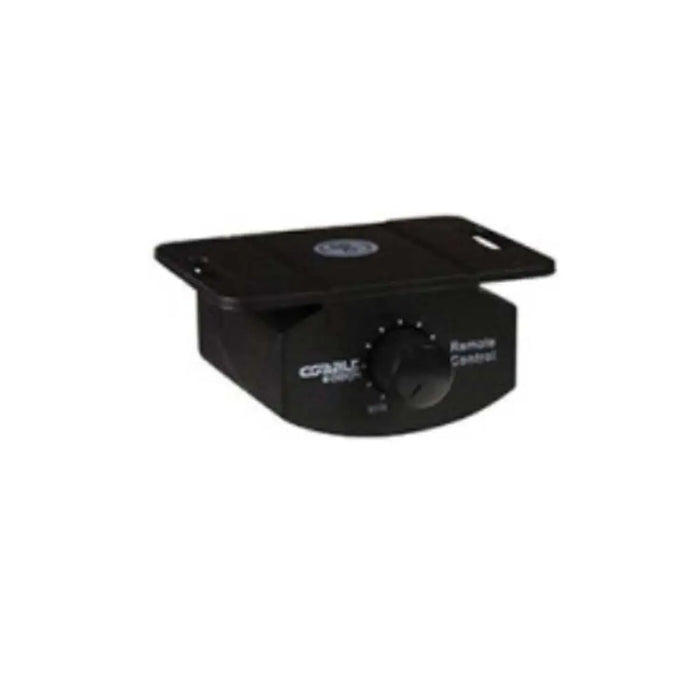
Orion CBT3000.1D Cobalt Series Class D 3000W Max 1 Ohm Compact Car Audio Amplifier







The Orion Cobalt CBT3000.1D Monoblock 1-Channel Class D Amplifier delivers powerful, efficient performance with a 3000W max output at 1 ohm, making it ideal for high-demand subwoofers. Designed to operate smoothly without overheating or distortion, this amplifier features a MOSFET power supply and advanced thermal protection, ensuring durability and reliability. With both low-level (RCA) and high-level (wire) inputs, it seamlessly connects to various audio setups. The adjustable low pass filter, subsonic control, and bass boost allow you to fine-tune your sound, while the included remote bass knob provides convenient control over bass levels. With a frequency response range of 10-250Hz, two-way protection circuitry, and phase shift capabilities, the Orion Cobalt CBA3000.1D amplifier offers unmatched flexibility, making it the perfect choice for enhancing your car's audio system with deep, clear, and precise bass.
California’s Proposition 65 protects California consumers by requiring special warnings for products that contain chemicals known to the State of California to cause cancer, birth defects or other reproductive harm where those products would expose consumers to such chemicals above certain threshold levels.
If a product description on this site directed you to this page, the warning for this item is:
Customers with a California billing or ship to address.
California implemented new guidelines for Proposition 65 warnings, effective August 30, 2018. These guidelines were applied to make the warnings more clear and reasonable.
Learn more from the California Office of Environmental Health Hazard Assessment (OEHHA) site here.
The Orion Cobalt CBT3000.1D Monoblock 1-Channel Class D Amplifier delivers powerful, efficient performance with a 3000W max output at 1 ohm, making it ideal for high-demand subwoofers. Designed to operate smoothly without overheating or distortion, this amplifier features a MOSFET power supply and advanced thermal protection, ensuring durability and reliability. With both low-level (RCA) and high-level (wire) inputs, it seamlessly connects to various audio setups. The adjustable low pass filter, subsonic control, and bass boost allow you to fine-tune your sound, while the included remote bass knob provides convenient control over bass levels. With a frequency response range of 10-250Hz, two-way protection circuitry, and phase shift capabilities, the Orion Cobalt CBA3000.1D amplifier offers unmatched flexibility, making it the perfect choice for enhancing your car's audio system with deep, clear, and precise bass.
California’s Proposition 65 protects California consumers by requiring special warnings for products that contain chemicals known to the State of California to cause cancer, birth defects or other reproductive harm where those products would expose consumers to such chemicals above certain threshold levels.
If a product description on this site directed you to this page, the warning for this item is:
Customers with a California billing or ship to address.
California implemented new guidelines for Proposition 65 warnings, effective August 30, 2018. These guidelines were applied to make the warnings more clear and reasonable.
Learn more from the California Office of Environmental Health Hazard Assessment (OEHHA) site here.
